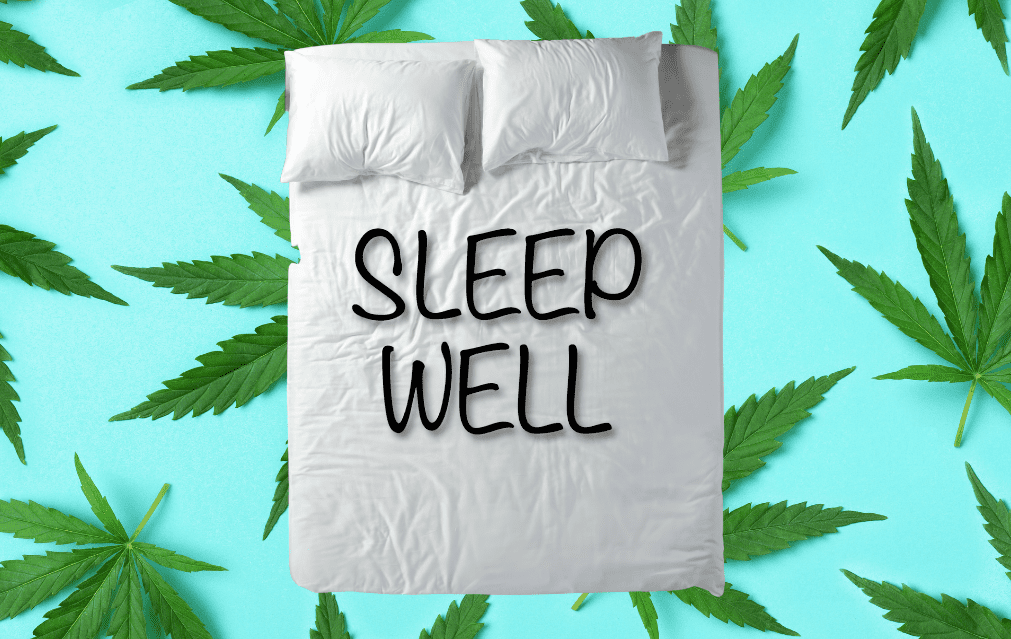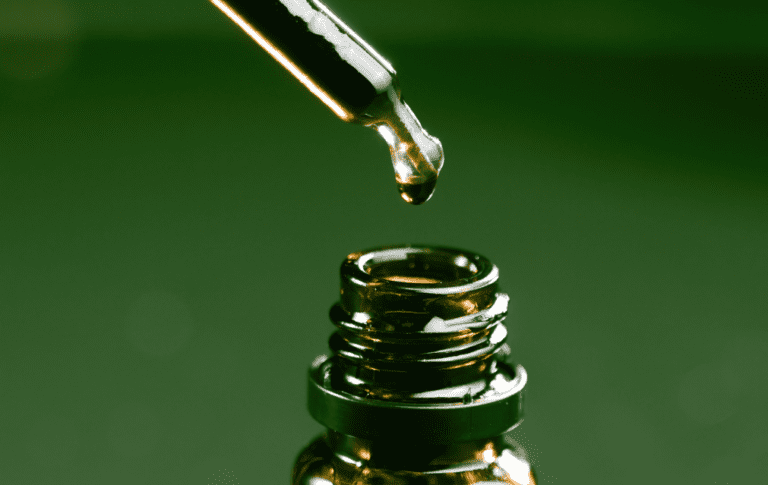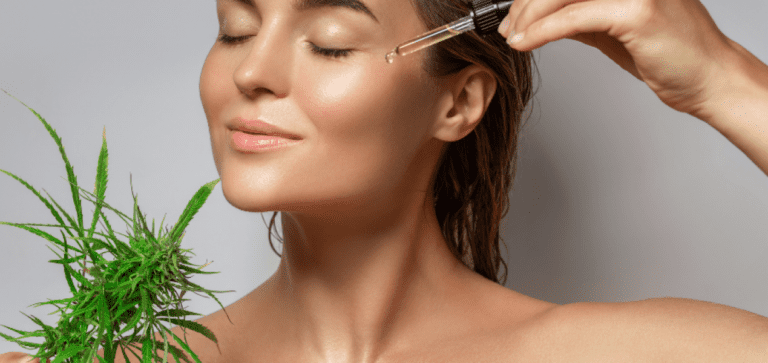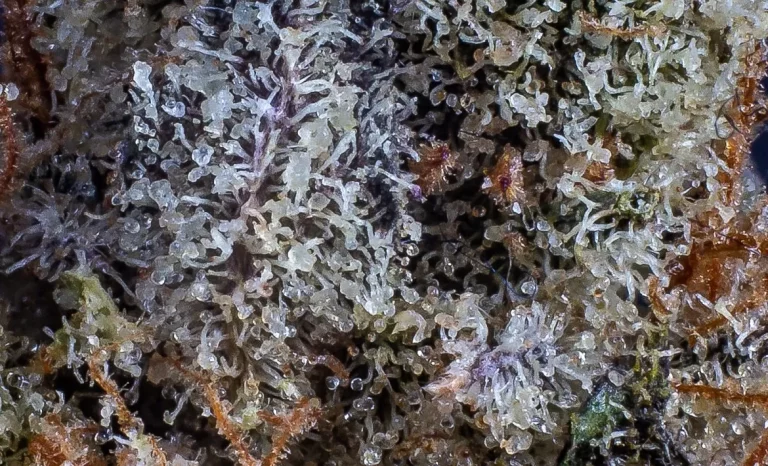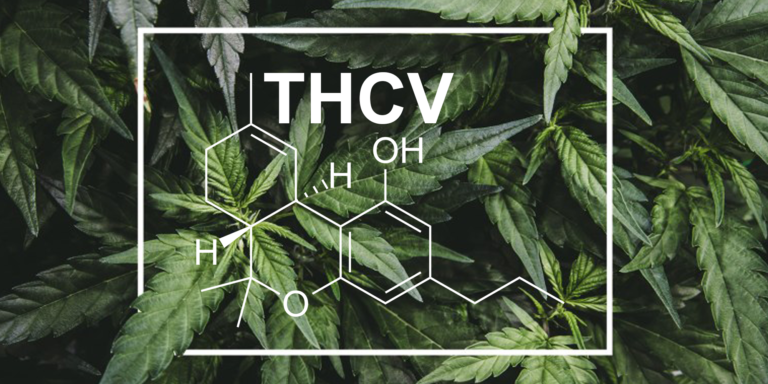Do Cannabinoids Help with Sleep?
Public usage of cannabis-based medicines to treat numerous medical problems, including sleep or insomnia, has greatly expanded in recent years. Insomnia may result from cannabis withdrawal. Here, we describe a patient who experienced severe insomnia during medical cannabis withdrawal, which worsened his or her anxiety, mood, and suicidal thoughts. As a result, the patient presented to the emergency room and was admitted as a patient.
The usage of cannabis-based sleep aids has a smaller amount of supporting research. We present a thorough analysis of the research on the effects of cannabis-based sleep aids, outlining their psychoactive components, the legal framework around their usage and prescription, and any possible negative effects and drug interactions.
The effects of cannabis products on restful sleep, insomnia, excessive daytime drowsiness, sleep apnea, parasomnias, and restless legs syndrome are specifically covered. We also discuss how cannabis withdrawal affects sleep and influences cannabis relapse. The few published randomized controlled trials are evaluated even though most studies are observational.
Our in-depth analysis of cannabis products’ effects on healthy sleep and sleep disorders, which is important for primary care doctors and other clinicians assessing and treating patients who use these kinds of products, reveals that these products have little to no effect on sleep disorders and may even have negative effects in some people. It is necessary to conduct more studies on how the numerous cannabinoids already on the market affect each of these sleep problems.
Effects of cannabis-based sleeping aids
The sedative and calming properties of cannabis are present. In particular, cannabis facilitates sleep. Nabilone, a cannabinoid used as an antiemetic and the subject of a systematic review and meta-analysis of cannabinoids for medical use, was found to improve sleep in fibromyalgia patients. Cannabinoids have been found to enhance sleep in studies undertaken for conditions unrelated to sleep, which is an interesting finding in the medical literature.
Cannabinoids prevent mice’s suprachiasmatic nucleus neurons from firing normally and may interfere with the circadian clock’s entrainment to light. Additionally, users of cannabis products for recreational purposes frequently report that their use of time alters. More research is required to determine how cannabis products affect people with healthy circadian rhythm sleep-wake phase problems and normal sleep-wake cycles.
Cannabis can increase stage 3 non-rapid eye movement sleep in humans, also known as slow
wave sleep (SWS). However, not all research has demonstrated this, as discussed below, and the effects on rapid eye movement (REM) sleep also vary. The deep stages of sleep are referred to as SWS and REM sleep. Some studies have demonstrated a speedier sleep initiation, a subjective reduction in nightmares and insomnia, and an improvement in sleep quality, which seems to degrade with continued use.
Due to the wide variety of cannabinoids now available, it is difficult to determine how cannabis products affect sleeplessness. The effects of various cannabis strains on sleep are being studied more thoroughly using deep study methods to improve our comprehension of these products’ impacts on sleep.
What Makes Cannabis Unique Compared to Other Natural Sleep Aids??
There isn’t as much research on the safety and effectiveness of cannabis sleep aids as on other sleep aids because cannabis is a restricted substance. The FDA has only authorized a few synthetic THC-impersonating medications and one organically derived CBD product. These are indicated for disorders like nausea and others but not for sleep.
Some patients may resort to medicinal cannabis, like with other all-natural sleep aids, to avoid stronger medications like opioids. There is a risk of misuse, tolerance, or dependency with many prescription and over-the-counter sleep aids, even though they can be quite beneficial in the short term. While certain homeopathic treatments, like valerian, still require additional research, some natural sleep aids, like oral melatonin, appear to reduce insomnia without causing significant negative effects.
Which strain of cannabis is most effective for sleep?
Cannabis comes in various strains, each of which has a unique effect. Indica and Sativa strains are the most popular types.
According to some, Indica is more soothing and may contribute to feelings of relaxation and sleepiness. When it comes to pain relief, relaxation, and sleep, people seem to favor Indica. On the contrary, Sativa is thought to be more energizing and might give some people a euphoric high. People frequently use Sativa to increase their energy.
Indica may be considered the greatest cannabis strain for sleep due to its calming properties. However, Sativa may be preferred by those who use cannabis to prevent nightmares.
Depending on the precise composition of cannabinoids and other chemicals, hybrid strains containing a combination of Indica and Sativa may generate various effects.
Most of the distinctions between Sativa and Indica strains are based on the individual experiences of cannabis consumers. Some academics contend that the variability in THC content and other chemicals in any given product is more important than the distinction between Indica and Sativa strains.
Conclusion
In recent years, the availability and marketing of cannabis-based sleep aids have significantly increased. In several earlier studies of participants with chronic pain, such as in patients with multiple sclerosis, peripheral neuropathy, or rheumatoid arthritis-related pain, small increases in subjective sleep quality were documented with cannabis product usage. Our analysis revealed that there is little to no convincing evidence to support the claim that cannabis products significantly reduce sleep disorders like insomnia and RLS.
Using cannabis for sleep is entirely a matter of personal preference. Although some researchers caution about the limits of these trials and the potential hazards of consuming cannabis until the dose is more uniform, synthetic variants of the plant seem to alleviate nightmares and insomnia. Many people frequently use cannabis to treat their insomnia and discomfort. However, some people discover it increases their anxiety or paranoia. A strain with a higher CBD content might be a better choice for you if you do not enjoy feeling high.
Doctors should determine whether the patient is willing to talk about using cannabis products while trying to sleep, stress that these products don’t work well, and go over alternative treatments and the risks of using cannabis products.

